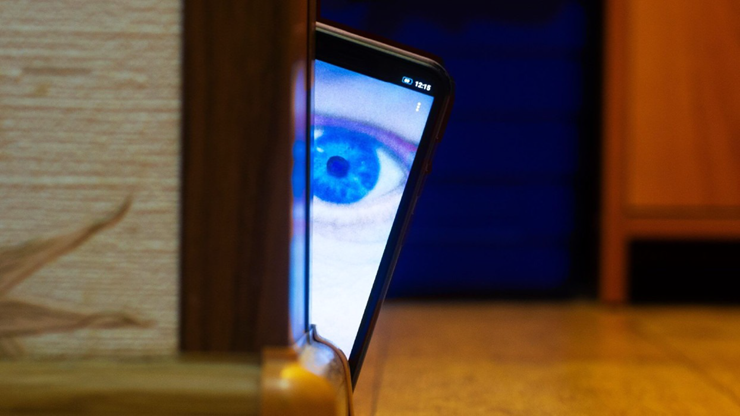Thousands of Android and iOS users hit by new malware
A new spyware app called Spyzie has been discovered to have compromised the sensitive data of hundreds of thousands of Android users and thousands of iPhone users. The app, which is classified as 'spouseware,' has leaked a wide range of important personal information such as email addresses, text messages, call logs, and photos.

Spyzie Malware Is Stealing Data From Thousands of iOS and Android Users.
Spyzie has serious security flaws that allow hackers to easily access and steal data, according to cybersecurity researchers. The app leaked more than 510,000 email addresses of Android users and sensitive data of at least 4,900 iOS users.
Notably, this isn't the first time "spouseware" apps have been found to have security vulnerabilities. Recently, the Cocospy and Spyic apps were also found to have similar vulnerabilities, leading to the leak of millions of email addresses and personal data.
'Spouseware' apps are often advertised as legitimate surveillance apps, but in reality operate in a 'gray area' and are banned from major app stores like the App Store and Play Store. These apps are often installed surreptitiously on other people's devices, with the aim of tracking and stealing personal information.
This incident once again raises the alarm about the potential risks of spyware applications. Users should be cautious when installing strange applications, especially those that require deep access to the system.
In addition, it is necessary to regularly check and update the operating system and anti-virus software to protect the device from malware.
 Copilot is ready to help users install pirated Windows 11?
Copilot is ready to help users install pirated Windows 11? China shows off engine that accelerates aircraft to 20,000km/h using... kerosene
China shows off engine that accelerates aircraft to 20,000km/h using... kerosene Skype is about to die, users are advised to switch to Teams
Skype is about to die, users are advised to switch to Teams Google Just Made an Important Change That Gmail Users Should Know About
Google Just Made an Important Change That Gmail Users Should Know About Hot: Microsoft suddenly launches free version of Office
Hot: Microsoft suddenly launches free version of Office Highly anticipated features on iOS 18.4
Highly anticipated features on iOS 18.4